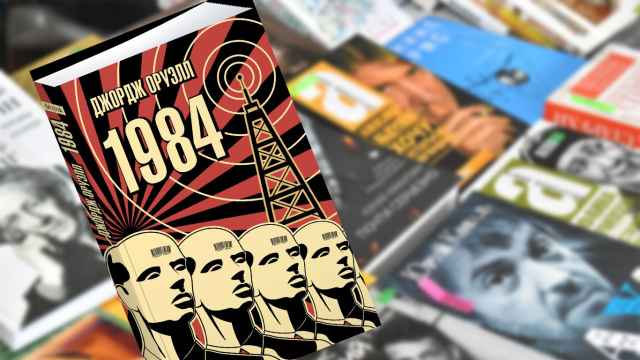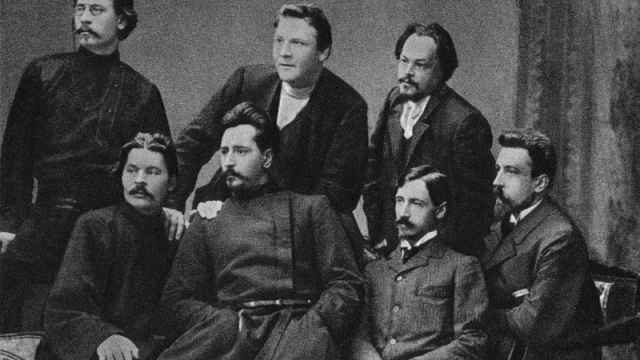Earlier this week broadcast and print journalist Alexander Plyushev published a list of 252 books that could be considered to be in violation of the Russian law prohibiting “LGBT propaganda.”
The list contained some books that might expected, such as Oscar Wilde’s “Portrait of Dorian Gray” and James Baldwin’s “Giovanni’s Rooms.” But it also included dozens of books that were not expected, such as Dostoyevsky’s unfinished work “Netochka Nezvanova” and Stephen King’s “It” and “Doctor Sleep.”
However, Artyom Sokolov, the president of the Association of Internet Sales Companies, said that the list had an entirely different purpose. It was drawn up as a kind of warning in 2022 when the State Duma was discussing the law on “LGBT propaganda.”
“Booksellers wanted to give a graphic demonstration of which books had the potential to fall under the law if detailed criteria were not developed,” Sokolov said.
Alexander Khinshtein, a United Russian deputy and one of the drafters of the LGBT propaganda law, said the list was a “collection of the sector’s fears, which, thank God, had no foundation.”
But apparently the fears were justified. An analysis showed that almost all the books (180) are not being sold by Megamarket, a major online distributor. Wildberries and Ozon are not selling about half the books.
The issue is, Plyushev wrote, why the books are not being sold. Is it “the result of censorship or self-censorship?”
Despite the seriousness of the situation, Russian cultural figures had a hard time keeping a straight face. Author Kirill Kutalov wrote, “the list of banned books is something of an extensive reading list. You don't even need VPN to get it, just read the books one by one. They're almost all good.”
Political commentator Vitaly Andriyevsky joked on his Facebook page: “All that’s permitted to read in Russia are: ‘[Dmitry] Medvedev’s Autobiography: ‘50 Shades of Blue’; ‘The Full Collection of Presidential Promises in 30 Volumes’; and [Margarita] Simoyan’s Cookbook: ‘Mother of God, Can We Really Swallow This?’”
A Message from The Moscow Times:
Dear readers,
We are facing unprecedented challenges. Russia's Prosecutor General's Office has designated The Moscow Times as an "undesirable" organization, criminalizing our work and putting our staff at risk of prosecution. This follows our earlier unjust labeling as a "foreign agent."
These actions are direct attempts to silence independent journalism in Russia. The authorities claim our work "discredits the decisions of the Russian leadership." We see things differently: we strive to provide accurate, unbiased reporting on Russia.
We, the journalists of The Moscow Times, refuse to be silenced. But to continue our work, we need your help.
Your support, no matter how small, makes a world of difference. If you can, please support us monthly starting from just $2. It's quick to set up, and every contribution makes a significant impact.
By supporting The Moscow Times, you're defending open, independent journalism in the face of repression. Thank you for standing with us.
Remind me later.






